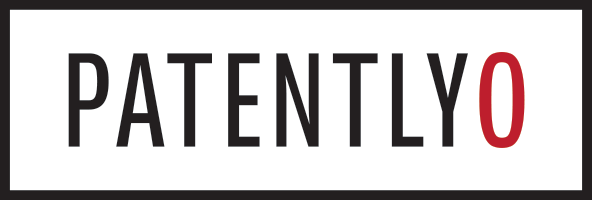
"The pending Radian Memory case could fundamentally reshape patent litigation as the patentee argues for injunctive relief based on traditional equitable principles, despite being a non-practicing entity."
"Both sides have provided additional arguments for the evidentiary hearing scheduled, with Radian arguing that recent Supreme Court cases reaffirm the importance of founding-era equity practices."
"Radian contends that ongoing infringement of a property right leads to irreparable harm, citing historical cases that support this claim as critical for injunctive relief."
"The argument that 'principles of equity' in 35 U.S.C. § 283 incorporate historical practices may lead to a major transformation of the understanding of injunctive relief in patent law."
The Radian Memory v. Samsung case is poised to impact patent litigation significantly, particularly concerning injunctive relief for non-practicing entities. Radian asserts its right to such relief based on the principles of equity, despite being a non-practicing entity. Recent Supreme Court rulings strengthen Radian's arguments, emphasizing that ongoing infringement causes irreparable harm. A July 16 evidentiary hearing is scheduled where both parties will present further arguments. The case questions the implications of eBay in crafting the understanding of irreparable harm within patent law, suggesting a deeper analysis of historical practices is needed.
Read at Patently-O
Unable to calculate read time
Collection
[
|
...
]